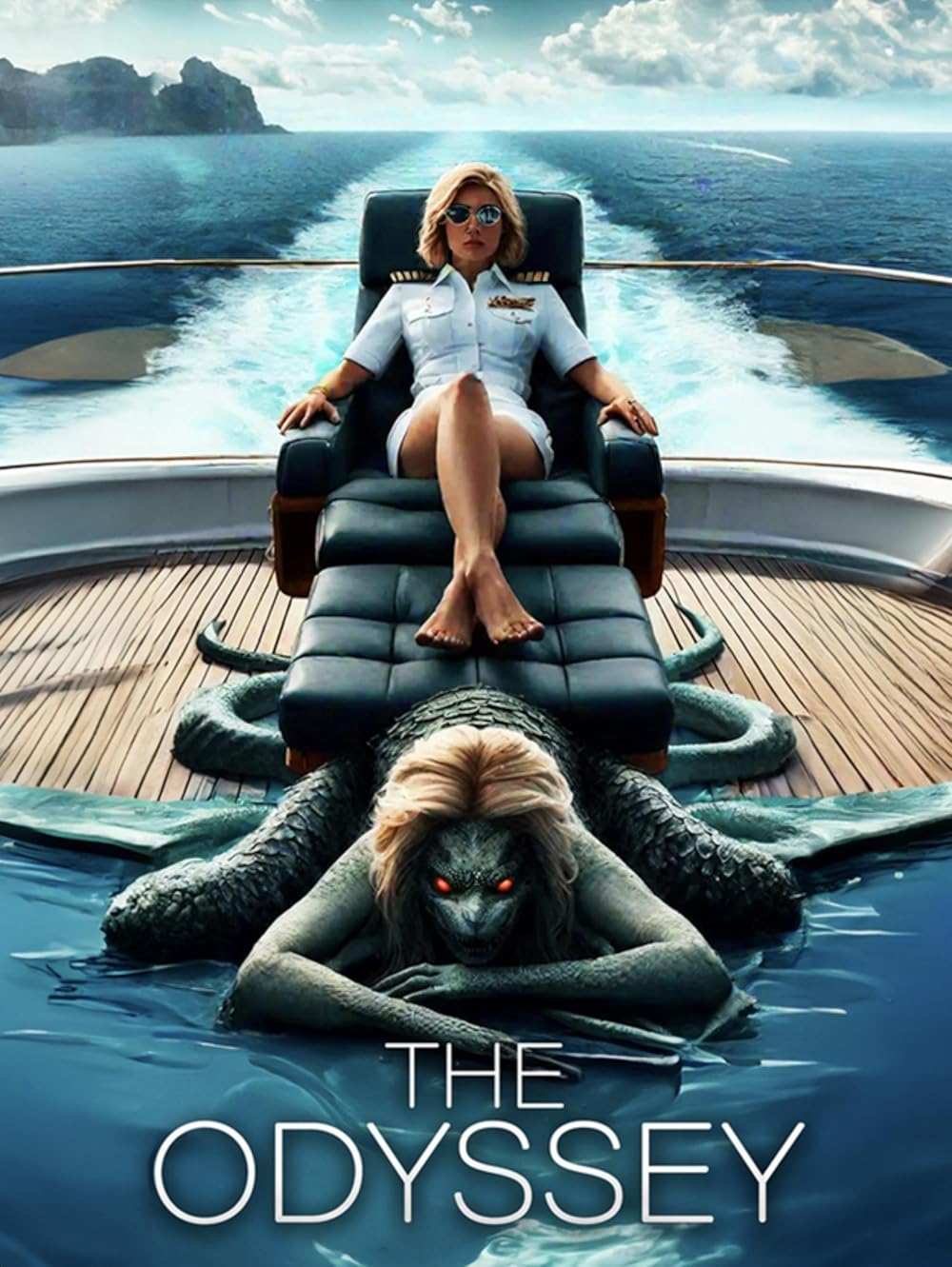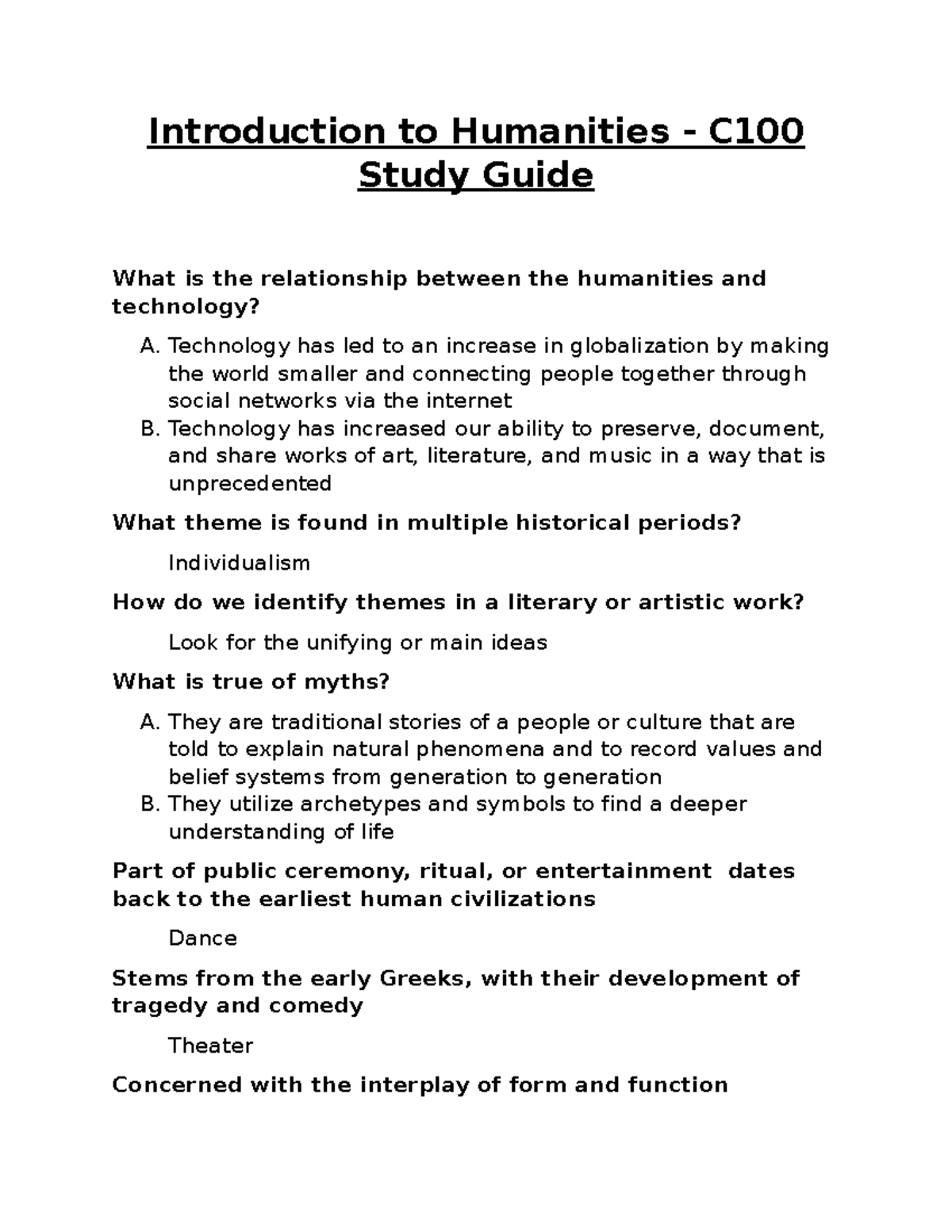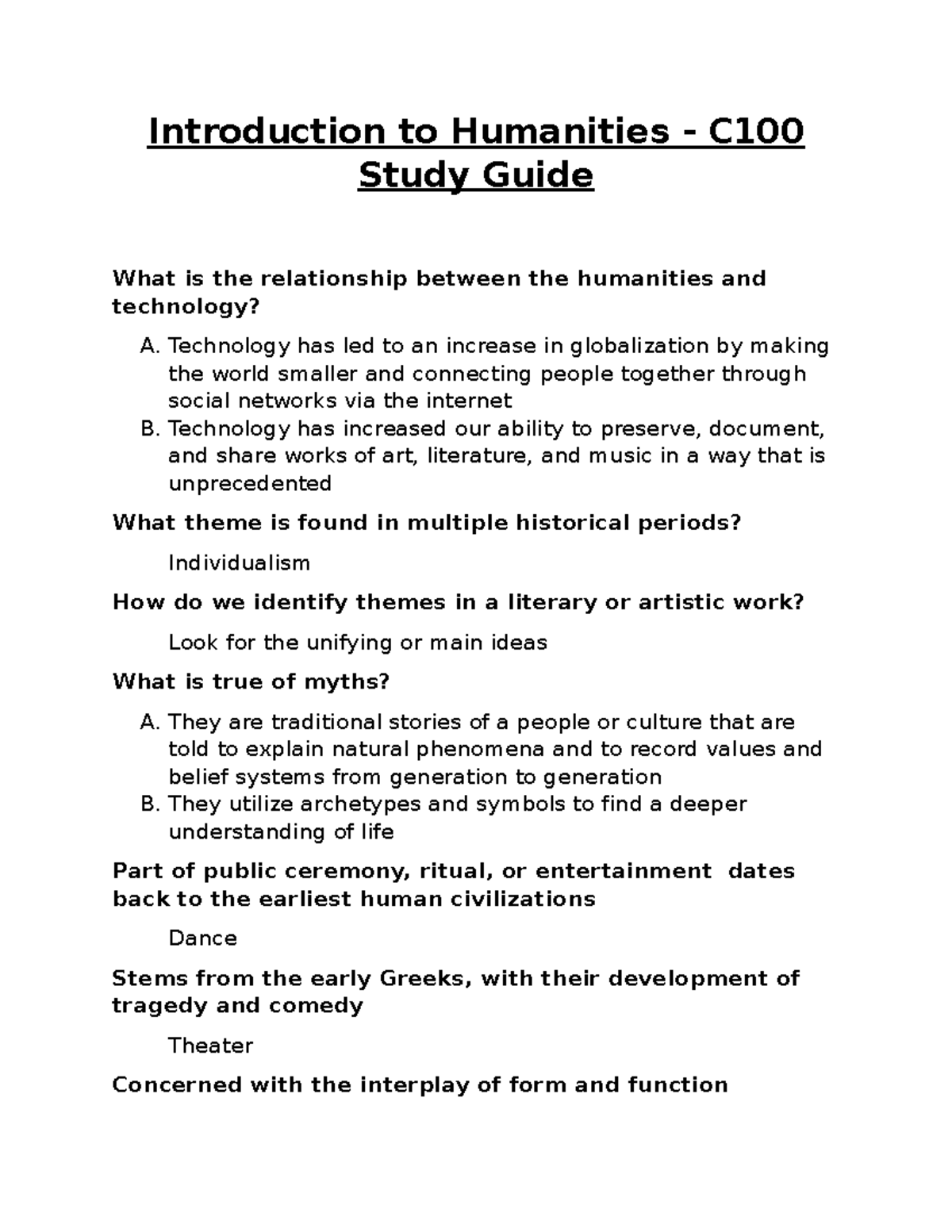Homer’s ‘The Odyssey’ continues to captivate audiences nearly 3,000 years after its creation, marking its importance in the realm of epic poetry. The recent adaptation at the American Repertory Theater brings new life to this timeless tale, while Daniel Mendelsohn’s translation offers a fresh perspective on this classic work. As viewers and readers explore Odysseus’s character, they discover a rich narrative that delves into themes of cunning, endurance, and the struggle of the human spirit. Academic analyses, such as those by noted scholars, highlight the relevance of ‘The Odyssey’ in understanding both ancient and contemporary themes of heroism and identity. Whether through theater or poetry, the story of Odysseus remains a vital touchstone for exploring the depths of human experience.
Homer’s epic, often categorized as a foundational text of Western literature, has shown remarkable endurance through the ages. With its intricate storytelling, this ancient narrative explores the adventures of a cunning hero navigating the trials of fate and personal challenges. Recent discussions surrounding Odysseus’s journey reveal deep insights into the psyche and moral dilemmas faced by individuals, drawing parallels to modern life. The new stage interpretations and translations provide fresh avenues for audiences to connect with these themes, underscoring the work’s continued impact on both academic and popular culture. As productions, adaptations, and studies like those led by Mendelsohn illuminate ‘The Odyssey,’ they invite a reevaluation of what it means to embark on a transformative journey.
Exploring the Relevance of Homer’s Odyssey Today
Homer’s ‘The Odyssey’ has remained a cornerstone of literary studies for nearly three millennia, reflecting the timeless themes of journey and identity that resonate with contemporary audiences. Modern adaptations, such as the recent American Repertory Theater production and Christopher Nolan’s upcoming film, exemplify how relevant this epic poem continues to be. As we watch Odysseus navigate treacherous waters and tumultuous relationships, we are reminded of our own life’s challenges and the perseverance required to overcome them.
In the realm of epic poetry, ‘The Odyssey’ stands out not just for its narrative but for its exploration of the human condition. The poetry’s relevance is magnified through translations like that of Daniel Mendelsohn, which enrich the text’s accessibility while maintaining the depth of the original language. This continued dialogue about the poem highlights its flexibility and the various lenses through which scholars like Greg Nagy analyze its significance in our contemporary cultural landscape.
Frequently Asked Questions
What themes are explored in Homer’s ‘Odyssey’?
Homer’s ‘Odyssey’ explores themes of resilience, identity, and the hero’s journey, focusing on Odysseus’s struggles to return home while reflecting on human nature and the complexities of life.
How does Daniel Mendelsohn’s translation of ‘The Odyssey’ differ from previous translations?
Daniel Mendelsohn’s translation of ‘The Odyssey’ offers a fresh perspective, emphasizing the depth of the characters and the emotional landscape of the epic while maintaining the lyrical quality of the original text.
Why is Odysseus considered a trickster character in ‘The Odyssey’?
Odysseus is considered a trickster character due to his cunning nature and ability to manipulate situations, often breaking social norms to achieve his goals, which challenges conventional notions of heroism.
What relevance does ‘The Odyssey’ have in contemporary culture?
‘The Odyssey’ remains relevant in contemporary culture through its adaptations, like the American Repertory Theater production and upcoming films, highlighting the timeless qualities of its narrative and themes.
How has the American Repertory Theater interpreted ‘The Odyssey’ in its recent production?
The American Repertory Theater’s interpretation of ‘The Odyssey’ emphasizes modern parallels to Odysseus’s journey, showcasing the timeless struggles of identity, belonging, and the quest for home.
What can modern readers learn from Odysseus’s character in ‘The Odyssey’?
Modern readers can learn about resilience, adaptability, and the importance of moral choices from Odysseus’s character in ‘The Odyssey,’ who embodies both heroic qualities and human flaws.
How does the role of women, especially Penelope, shape the narrative of ‘The Odyssey’?
Women, particularly Penelope, play a crucial role in shaping the narrative of ‘The Odyssey,’ showcasing themes of loyalty, intelligence, and strength in the face of adversity, which adds complexity to the epic’s portrayal of gender roles.
What makes Greg Nagy’s insights on ‘The Odyssey’ significant?
Greg Nagy’s insights on ‘The Odyssey’ are significant as they provide a scholarly perspective that enhances the understanding of the poem’s themes, characters, and its impact on both ancient and modern audiences.
How does the epic poetry format contribute to the storytelling in ‘The Odyssey’?
The epic poetry format of ‘The Odyssey’ enhances storytelling by using lyrical language and rhythmic structures to evoke emotions, create memorable characterizations, and amplify the dramatic elements of Odysseus’s journey.
What is the significance of the character Telemachus in ‘The Odyssey’?
Telemachus’s character in ‘The Odyssey’ represents the theme of growth and maturation, as he transforms from a passive youth into a proactive figure seeking to reclaim his family’s honor and reunite with his father, Odysseus.
| Key Points |
|---|
| ‘The Odyssey’ is gaining renewed attention through various adaptations, including a stage play by A.R.T. and a film directed by Christopher Nolan. |
| A new English translation by Daniel Mendelsohn adds to the ongoing interest in the epic. |
| The poem has inspired over 100 translations, with notable ones by George Chapman, Emily Wilson, Richmond Lattimore, and Robert Fitzgerald. |
| Odysseus is portrayed as a flawed hero, embodying the role of a trickster who defies societal norms. |
| Greg Nagy emphasizes the significance of Penelope’s character, highlighting her intelligence and possible superiority over Odysseus. |
| The ‘Odyssey’ serves as a metaphor for personal journeys, encouraging readers to explore their own paths. |
Summary
The Odyssey continues to captivate audiences and scholars alike, showcasing its enduring relevance through modern adaptations and translations. As both a story of adventure and a deep exploration of the human experience, The Odyssey offers valuable lessons about identity, relationships, and the pursuit of knowledge. With its rich history and multifaceted characters, this epic poem reinforces its timeless appeal and ability to inspire readers across generations.










